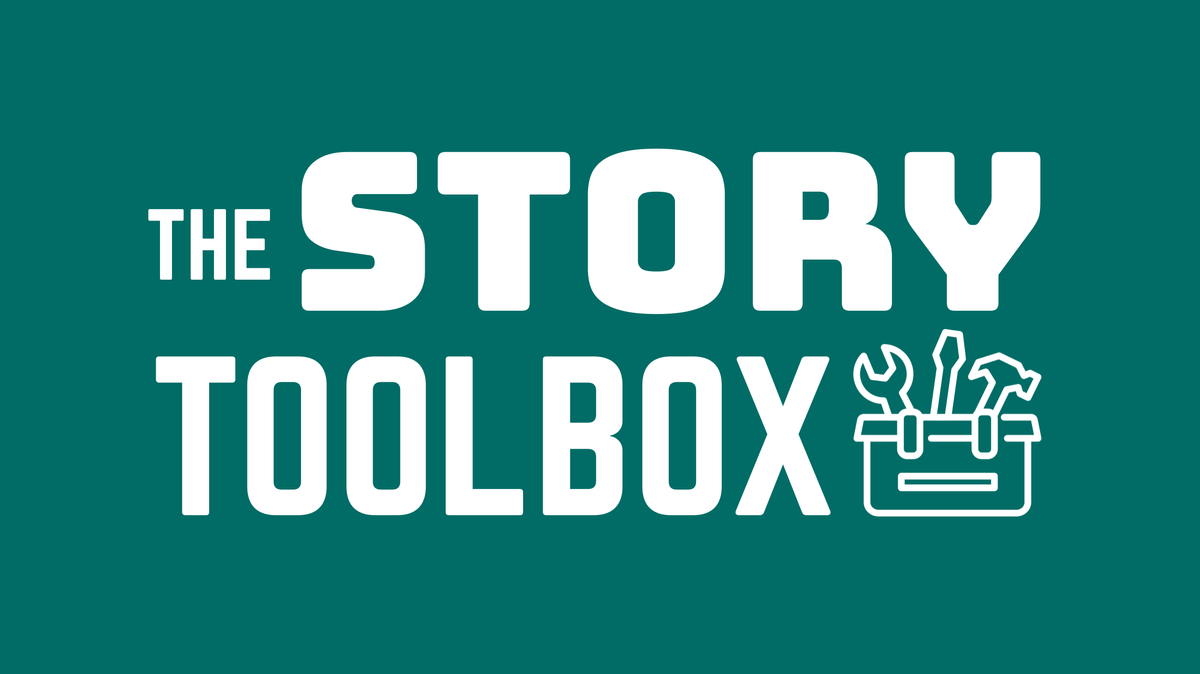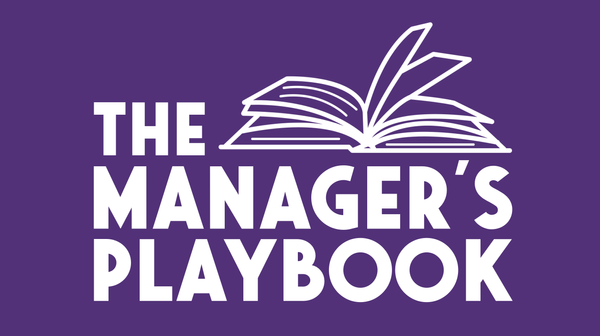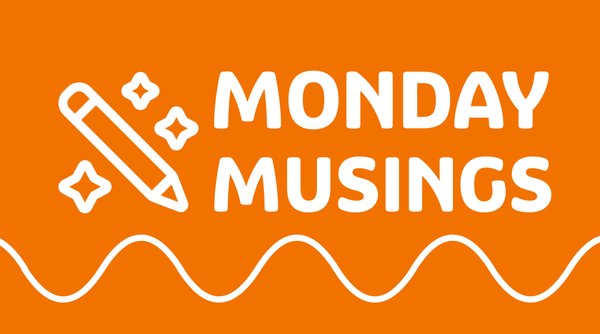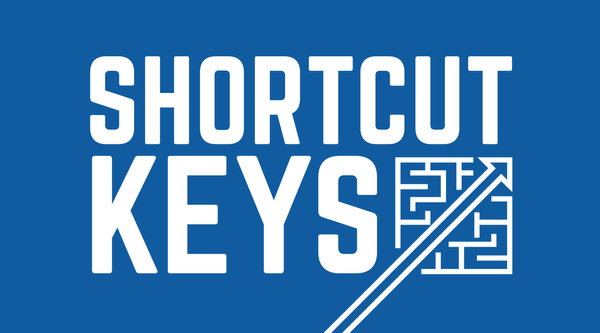The Story Toolbox - Issue #1

I've been wondering how to reboot this newsletter/blog and share more useful content with you all. So, over the next few weeks, I'll be starting a few new recurring series. Starting with this one!
Welcome to the first edition of The Story Toolbox, your regular dose of storytelling inspiration. Every two weeks, I’ll share practical steps to help you become a better storyteller. Whether you want to give a conference talk, write a blog post, or create more impactful messaging, this series will help you understand the foundations.
In each issue, I’ll give you a question or prompt to make you reflect on what you know, getting you to brainstorm and explore what stories you want to tell. Then, we’ll highlight a great talk, article or story that stands out for you to learn from. And finally, you‘ll get one resource recommendation to check out to improve your storytelling skills.
Reflect: Find your stories
Your prompt for this week:
Think about recent conversations and discussions with friends or colleagues. What topic could you easily talk about for hours and hours with them?
Your exercise: Take a moment to reflect on this. Write out all the ideas that come to mind. Who were you talking to? What questions did they ask? What questions did you wish they had asked?
The things we talk about effortlessly, without running out of ideas or energy, often reveal the stories we care most about. Those are the areas that we should focus more on and dive into deeper, cause we already know we can talk for hours about it. What excites you? What do people turn to you for? Pay attention to those moments: they could be the source or inspiration for a new talk, blog post, or discussion at work.
Your bonus exercise: Setup a spot where you can keep track of your story ideas. Maybe it's your favourite note-taking app, maybe it's a physical notebook. Choose a place where you can easily and quickly add your story ideas when they come to you.
Learn: Stories to inspire you
Story spotlight of the week: Inside the Mind of a Master Procrastinator by Tim Urban
Some stories educate. Some entertain. The best do both.
This is one of the most watched TED talks ever. In this talk, Tim Urban takes the relatable experience of procrastinating and shows what happens behind the scenes in our brains. He keeps the audience engaged while making them reflect on their own habits.
What to notice:
- His use of humour and self-deprecation to connect with the audience.
- How he makes abstract concepts feel real and memorable (like the “Instant Gratification Monkey”).
- His slides are simple and clean, which helps with getting the complex topic across.
- How he varies his voice and his tempo, volume and volume to create urgency and suspense.
Your challenge: Watch the talk and reflect on it. How does he keep you hooked? What techniques could you try in your own storytelling?
Improve: Upgrade your story skills
Disclosure: The links in this section are affiliate links to Amazon, meaning I may earn a commission if you make a purchase through them at no extra cost to you. I only recommend products that I genuinely find useful.
Recommendation of the week: Find Your Voice by Caroline Goyder.

Speaking with confidence isn’t just about what you say: it’s also about how you say it.
In Find Your Voice, Caroline Goyder offers practical techniques to help you develop a strong and clear voice. If you want to improve when you're speaking on stage, in meetings, or in networking conversations, this book is super helpful to help you understand your voice and communicate with impact.
I keep recommending this book to my coaching clients because it's full of practical exercises and advice and written in an easy and understandable style.
Your homework: Think about your voice when you present or better yet: watch a recording of yourself. How do you use your voice? What do you notice about your voice when you present? Is there anything you want to improve?
Feel free to reply to this email or leave a comment on the post with how you get on with the exercises, challenge or homework. I'd love to hear what your responses are!
That’s all for this week! Reflect, learn, and improve: your story is waiting to be told, and I’m here to help you tell it. See you next time for more storytelling inspiration.
Until then, happy storytelling!
Melinda



